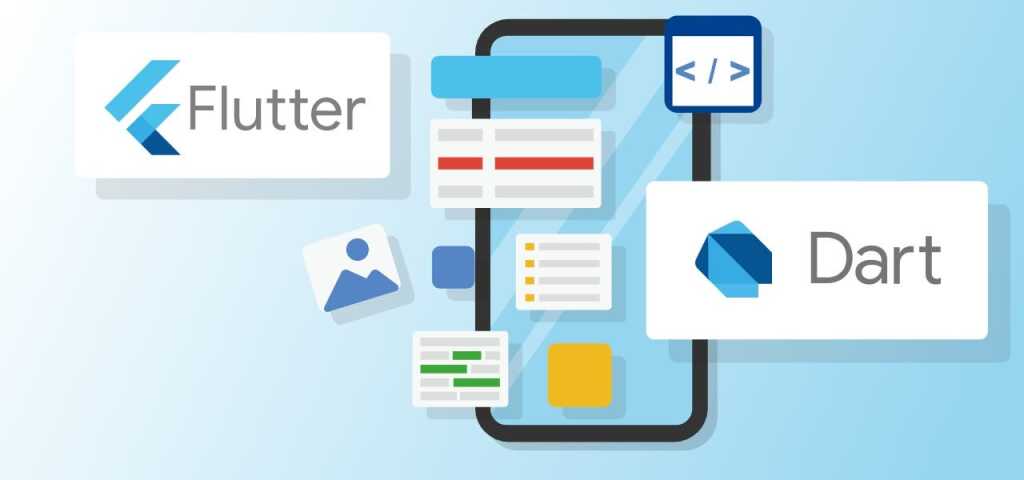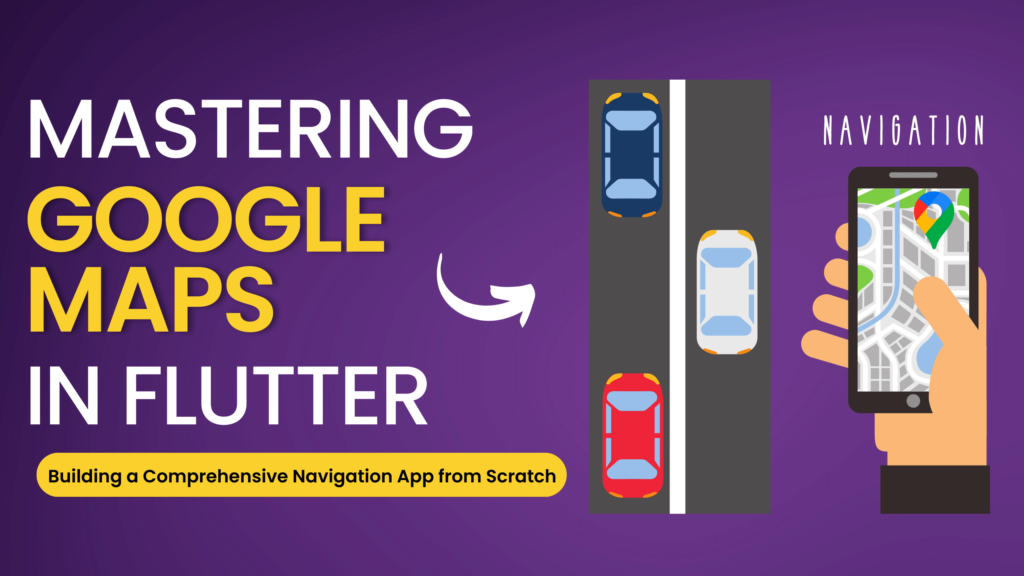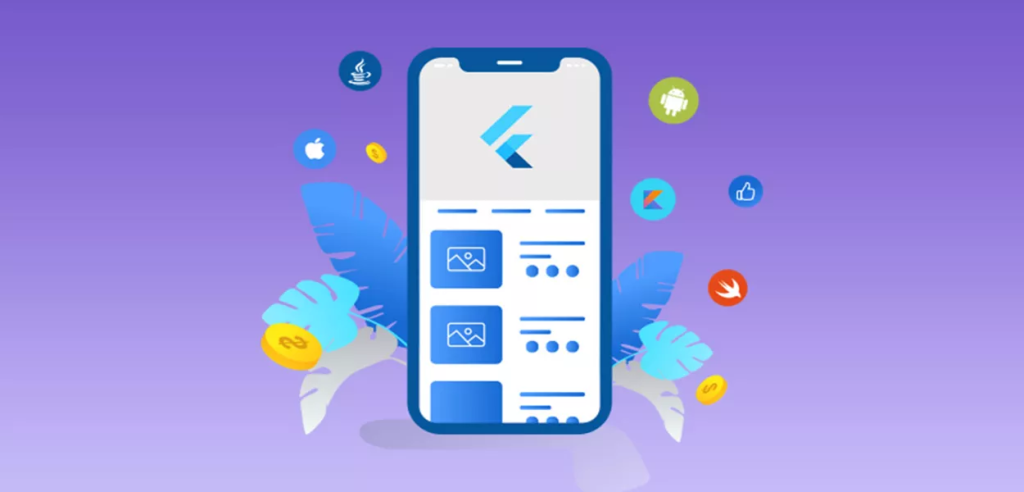Flutter is an incredibly versatile and powerful framework for building mobile applications. At its core, Flutter relies on the Dart programming language, which offers a robust set of features and capabilities. While many developers can create functional Flutter apps with a basic understanding of Dart, taking the time to delve into advanced Dart concepts can significantly enhance your ability to build more complex and performant applications.
In this guide, we’ll explore advanced Dart topics that can help you write more efficient, maintainable, and feature-rich code in your Flutter projects. These advanced concepts include:
1. Asynchronous Programming
- Dart’s asynchronous features, such as
asyncandawait, allow you to write non-blocking code for tasks like network requests, file I/O, or animations. Understanding how to use Future, Stream, and async/await efficiently can improve the responsiveness of your Flutter apps.
Future<void> fetchData() async {
try {
var data = await fetchDataFromApi(); // Asynchronous network call
print('Data: $data');
} catch (e) {
print('Error: $e');
}
}2. Generics
- Generics in Dart enable you to write reusable code that can work with a variety of data types. They are particularly valuable when building custom data structures, utility functions, or Flutter widgets that can adapt to different data models.
class MyGenericClass<T> {
T value;
MyGenericClass(this.value);
}
void main() {
var stringBox = MyGenericClass('Hello, Dart!');
var intBox = MyGenericClass(42);
print(stringBox.value);
print(intBox.value);
}3. Metaprogramming
- Dart’s metaprogramming capabilities, including reflection and code generation, allow you to analyze and manipulate code at runtime. This is useful when building libraries, serializers, or dependency injection systems.
import 'dart:mirrors';
class Person {
String name;
}
void main() {
var p = Person();
p.name = "Alice";
InstanceMirror im = reflect(p);
im.setField(Symbol("name"), "Bob");
print("Name: ${p.name}");
}4. Functional Programming
- Dart supports functional programming paradigms, making it possible to write concise and expressive code. Understanding concepts like first-class functions, map, reduce, and filter can help you write more elegant and maintainable code.
void main() {
List<int> numbers = [1, 2, 3, 4, 5];
var squaredNumbers = numbers.map((n) => n * n).toList();
print(squaredNumbers);
var sum = numbers.reduce((value, element) => value + element);
print("Sum: $sum");
}5. Concurrency and Isolates
- Concurrency in Dart allows you to run multiple threads of execution concurrently. Isolates, Dart’s unit of concurrency, enable you to efficiently use multi-core processors for tasks like parallel processing and background computation.
import 'dart:isolate';
void isolateFunction(SendPort sendPort) {
sendPort.send("Hello from the isolate!");
}
void main() async {
ReceivePort receivePort = ReceivePort();
Isolate.spawn(isolateFunction, receivePort.sendPort);
receivePort.listen((message) {
print("Received: $message");
});
}6. Advanced Error Handling
- Exception handling and error management are crucial for robust applications. Dart provides mechanisms for creating custom exceptions, handling errors gracefully, and implementing complex error-handling strategies.
void main() {
try {
performRiskyOperation();
} catch (e) {
print("An error occurred: $e");
}
}
void performRiskyOperation() {
throw Exception("This is a risky operation!");
}7. Advanced Object-Oriented Programming
- Inheritance, composition, and abstract classes are essential concepts in advanced object-oriented programming. Mastery of these concepts can lead to more flexible and maintainable code.
abstract class Animal {
void makeSound();
}
class Dog extends Animal {
@override
void makeSound() {
print("Woof!");
}
}
void main() {
Animal myDog = Dog();
myDog.makeSound();
}8. Testing and Debugging Techniques
- Advanced Dart developers are proficient in writing unit tests, integration tests, and widget tests for their Flutter apps. They also use advanced debugging techniques and tools to diagnose and fix issues more effectively.
9. Advanced Package Management
- Dart package management with tools like Pub and dependency management is crucial for organizing and sharing code. Advanced Dart developers are skilled in managing dependencies, versioning, and publishing packages to the Dart ecosystem.
10. Flutter Integration
- Understanding how to integrate advanced Dart concepts with Flutter is essential. This includes creating custom widgets, handling state management, and optimizing app performance using Dart’s advanced features.
By delving into these advanced Dart concepts, you can unlock new possibilities for your Flutter development. You’ll be better equipped to tackle complex app requirements, optimize performance, and write cleaner, more maintainable code. Whether you’re building a simple app or a complex enterprise-level solution, advanced Dart skills will undoubtedly set you apart as a proficient Flutter developer.





